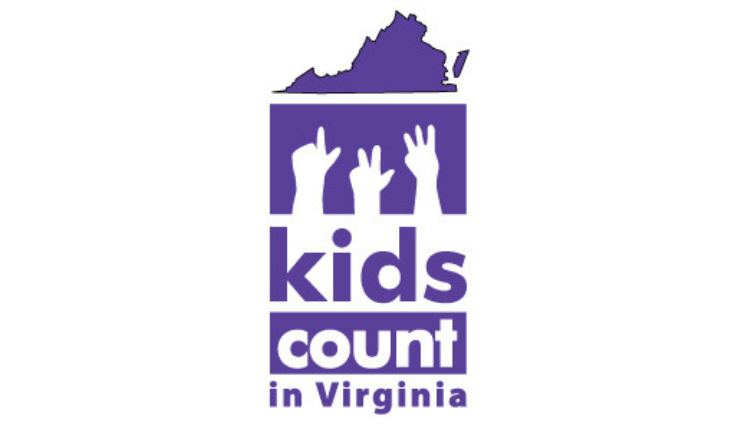

From the outset of COVID-19, the pandemic put a spotlight on inequities within our systems and exacerbated problems children and families were already facing. Contrary to what many said in the beginning, the pandemic was not the great equalizer. Instead, COVID-19 amplified existing health inequalities that affect socially disadvantaged groups amongst racial and ethnic minorities, as well as low-income populations.
As more information emerges on populations with the highest rate of the virus, we’ve seen a shift in how we respond through the allocation of resources and policies created to support our most vulnerable communities. And we’ll continue to see more data that underscores a narrative we’ve seen time and time again – generations of pervasive, systemic inequities continue to create wide-scale disparities.
For most readers, you are familiar with our work. We advocate for Virginia’s children, particularly those whose needs are often overlooked, by concentrating our efforts on policies that will improve their well-being. Sometimes, it takes years of work to see a legislative victory, such as our fight for Medicaid expansion in Virginia, but it’s a necessary fight we must take on for future generations.
Today, there are many discussions around what that fight looks centered around equity. What does it look like to transform our institutions internally and be intentional in our advocacy to create equitable change? What does that look like personally and professionally, and how do we measure progress?
At Voices, we are thinking about this critically with the tools we use and the stories we share. Data serves different purposes to describe, inform, educate and persuade others to take action on today’s most important topics. However, data is meaningless if we do not provide context and insights into what it means. It is important that we look at data for sub-populations, who often have trends that are masked by larger groups, to make sure that resources are spent to those who need it the most. We have a responsibility to ensure that policy makers, advocates and the general public can access this information and use data in the most effective way to advance equitable change in our communities.
Given the context of everything we’re witnessing and experiencing now with the pandemic and the Black Lives Matter movement, it’s imperative for policies to directly address these inequalities. Data is one of the most powerful tools that can be used to increase access, direct resources into service-based programs and support families.
Voices is home to the KIDS COUNT Data Center, a national network funded by the Annie E. Casey Foundation that encompasses Virginia-specific data for all 134 localities in the Commonwealth. This incredible tool has more than 200 state- and locality-level indicators on child well-being. Users are able to review and compare demographics, employment and income levels, poverty and public assistance rates, housing and test scores over time, and have the option to review this data by specific characteristics such as age, race, and family nativity. Plus, new indicators are always being added or updated.
When clearly presented and interpreted appropriately, data becomes a powerful tool to educate decision makers about issues and empower them to pass good policies. Over time, these indicators become important benchmarks to see the progress we are making in Virginia.
This information is available to the public. Please use this incredible resource to be the best advocates for Virginia’s children and inspire change.
Visit the 2020 Racial Truth & Reconciliation Week Page.
Read More Blog Posts